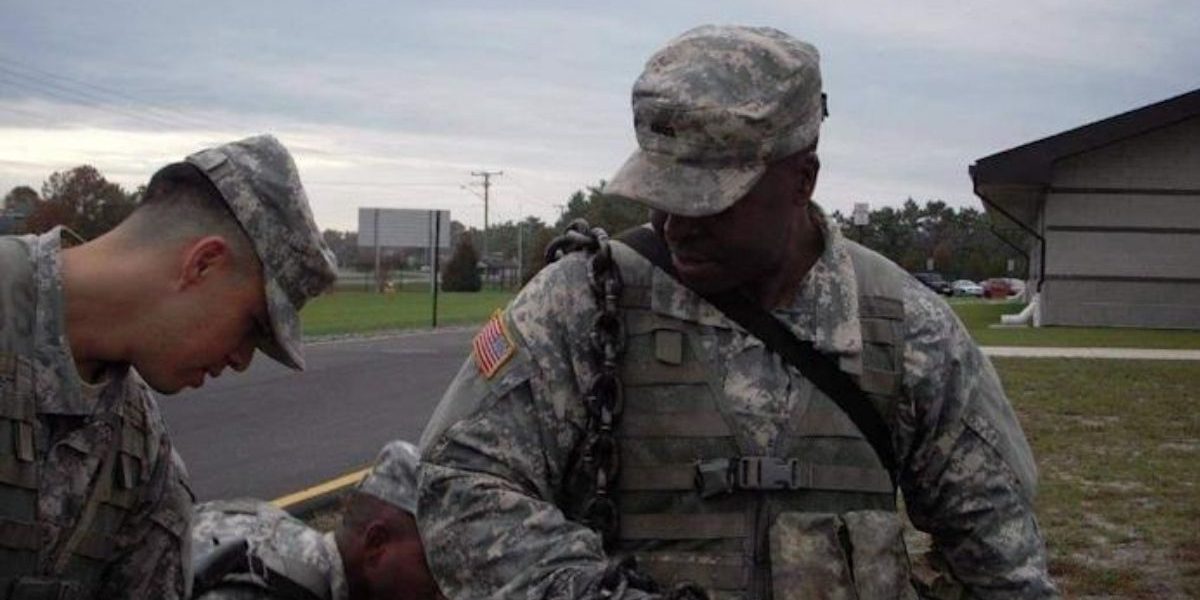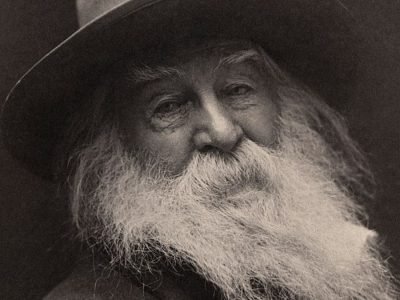‘Most embarrassing discipline comprehensible’: Black National Guardsman was compelled to wear weighty chain

Sgt. Bruce Weaver reviews in a moment the weight of the chain that the all-white coaches at the Maryland National Guard constrained him to wear during preparing at official up-and-comer school.
For three days, Weaver, a Black trooper in the Maryland National Guard, pulled the chain – running, falling behind under the weight, being hectored by educators. They guaranteed it would remind him to follow the hierarchy of leadership.
He was shocked. It felt as though he’d been exposed to the sort of discipline utilized by enslavers, Weaver said.
“At first, my inclination was to drag it,” Weaver recalled of the events five years ago. “They said, ‘No, no. You wear it. That will keep you down.’ That hit me. That hit me. I suppressed it and kept going. The next day, they said, ‘You’re still wearing this chain.’ I told them this is inappropriate punishment. It’s also messing with me psychologically. Chains mean something to Black people.”
Weaver’s case addresses a more extensive issue for the National Guard whose units in every one of the states, regions and District of Columbia work with a lot of self-governance and with little oversight of how different units react to grievances of improper direct, like charges of prejudice, inappropriate behavior and attack. The National Guard Bureau in Washington, which arbitrators requests between state Guard units and troops, serves to a great extent in a warning job.
Eugene R. Fidell, a specialist on military law and teacher at New York University Law School, alluded to a “amazing tempest” of variables adding to a case like Weaver’s:
Absence of oversight by Congress
Little straightforwardness into how the state and regional Guard units work
Need for a uniform interaction for dealing with objections of segregation
“This case shouts out for some cure,” Fidell said.



